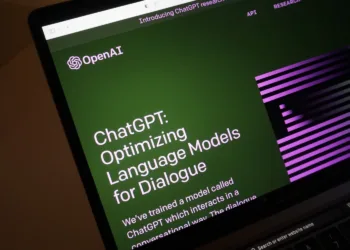This week, social media users across the United States are well aware that their feeds will be flooded with one dominant topic: politics. Although polls officially conclude today for the U.S. presidential election, Meta has decided to extend its ban on new political advertisements until “later this week.”
To enhance ad transparency and maintain election integrity on its major social platforms, Facebook and Instagram, Meta has announced that it will extend the moratorium on new ads related to social issues, political discussions, and elections. As a result, users won’t be seeing any fresh paid advertisements from political candidates or election-related initiatives during this period.
Meta previously imposed similar restrictions during the U.S. elections in both 2020 and 2022.
It’s important to note that Meta’s current ban on politically-focused ads applies only to newly created campaigns submitted after October 29th. Therefore, users might still encounter some political advertisements this week on Facebook and Instagram, but these will be from campaigns that were initiated before 12:01 AM Pacific Time on October 29th, 2024.
At first, this ban was expected to lift at the end of today, November 5th, aligning with a similar restriction previously announced by Google. However, Meta has opted to extend the ban for a few additional days, possibly in anticipation of potential recounts or disputes related to the election.
The types of ads that fall under this ban include:
– Ads created by or on behalf of public office candidates
– General election-related advertisements, including those that encourage voting
– Advertisements discussing broader social issues
– Ads classified as political advertising
As always, social media platforms will buzz with opinions and discussions surrounding the election before and after voting day. Yet, the continued restrictions on ads suggest that Meta may be preparing for a prolonged decision-making process.
The motivation behind these advertising measures is to combat misinformation. Essentially, the platform aims to protect candidates’ rights to respond to allegations made against them in political ads. For instance, if Candidate A claims that Candidate B supports controversial policies, Candidate B should have the opportunity to counter those claims before voters cast their ballots.
While it remains uncertain how long Americans will wait for election results, they can track updates using Apple’s Live Activity feature. The developments in the next 24 hours will likely influence when Meta eases its restrictions on political advertisements. For now, users will need to sift through election coverage online—and ideally, that information will come from traditional journalism rather than paid ads on social media.










